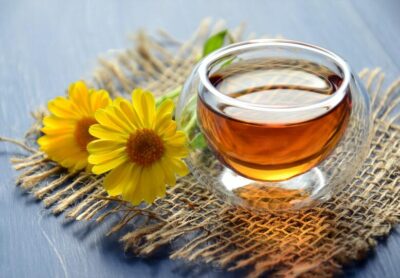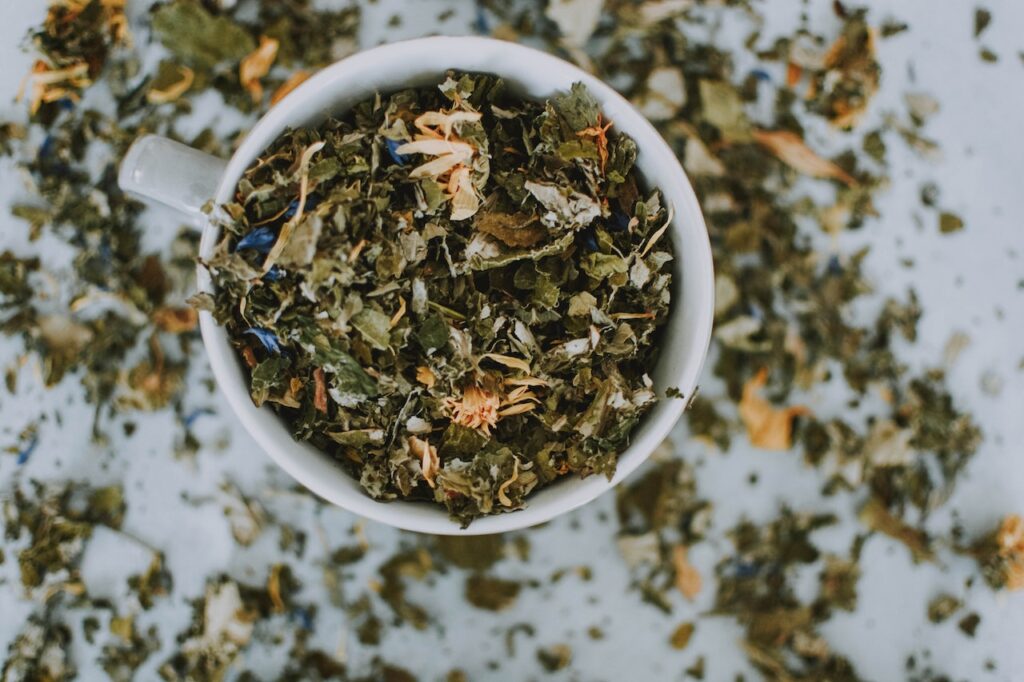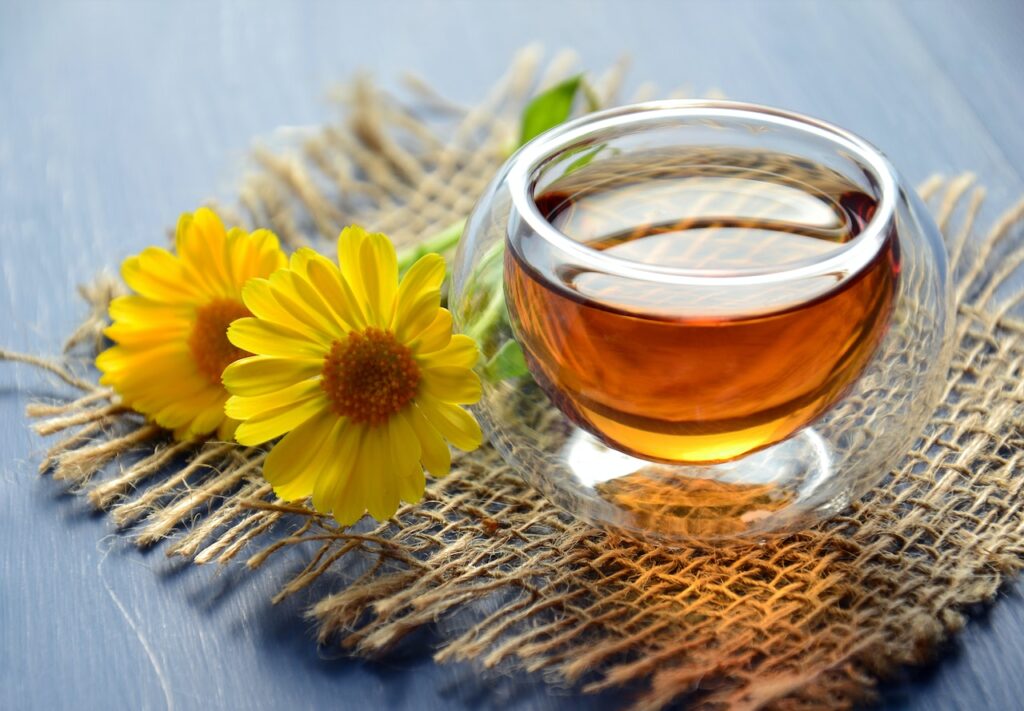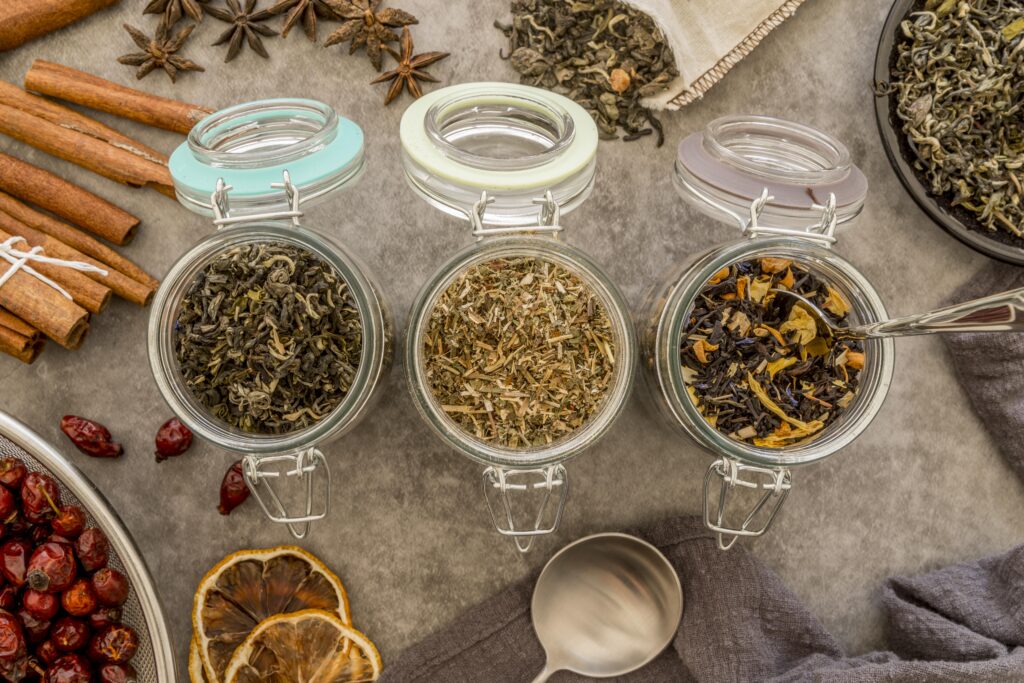Introduction
Starting the day with a warm cup of tea is a ritual that has been cherished for centuries. There’s something comforting about the gentle warmth and aroma that fill the air. But have you ever thought about, Is morning tea good for your health or not? In this blog post, we’ll explore the science behind tea and analyze the benefits and potential drawbacks of making it a part of your morning routine.

Table of Contents
The Science Behind
Morning tea is more than just a beverage; it contains a complex combination of compounds that can have various effects on our bodies. One of the most well-known components is caffeine, a natural stimulant that can enhance alertness and focus. Additionally, tea is rich in antioxidants, such as polyphenols, which have been linked to numerous health benefits.

Is Morning Tea Good for Health:
1.Positive Points:
Boosts Energy: One of the main reasons people reach for their morning tea is to get an energy boost. Tea contains caffeine, a natural stimulant that can help you feel more alert and focused. It can provide a gentle pick-me-up to start your day.

Hydration: Tea is primarily composed of water, making it an excellent choice for hydration. Starting your day with a cup of tea can contribute to your daily water intake, which is essential for maintaining overall health.
Antioxidant Powerhouse: Tea, especially green and black tea, is rich in antioxidants called catechins and flavonoids. These compounds help protect the body against free radicals, reducing the risk of chronic diseases like heart disease, cancer, and neurodegenerative disorders.
Calming and Stress Relief: Many people find solace in the ritual of preparing and sipping tea. Teas with relaxing qualities, such as chamomile or herbal teas, can help lower stress and promote relaxation.
2.Negative Points:
Caffeine Sensitivity: While caffeine can be beneficial in moderation, some individuals are more sensitive to its effects. Excessive caffeine consumption can lead to jitters, sleep disturbances, an increased heart rate, and even anxiety. If you’re sensitive to caffeine, opting for decaffeinated or herbal teas might be a better choice.
Acidic Nature: Tea, especially black tea, can be acidic and may cause digestive discomfort in some individuals, such as acid reflux or stomach irritation. Adding milk or opting for herbal teas with less acidity can help mitigate this issue.
Different Types of Tea and Their Effects
Green Tea: Known for its high antioxidant content, green tea has been associated with numerous health benefits, including improved brain function, weight management, and a reduced risk of heart disease.

Black Tea: With a richer flavor and higher caffeine content, black tea can provide an energy boost. It also contains antioxidants and has been linked to improved gut health.
Herbal Tea: Herbal teas come in various flavors and are often caffeine-free. They can offer different health benefits, depending on the herbs used. For example, chamomile tea can aid in relaxation, while peppermint tea may help with digestion.
White Tea: Considered the least processed type of tea, white tea retains a high concentration of antioxidants. It has a delicate flavor and is believed to promote skin health and support immune function.
Tea Habits Around the Globe
Tea-drinking customs vary across different cultures, showcasing the global appeal of this delightful beverage. Let’s take a brief journey around the world:

India: In India, chai holds a special place in people’s hearts. Chai is a spiced tea made by simmering black tea leaves, milk, water, and a blend of aromatic spices like cardamom, ginger, and cinnamon. It is often enjoyed in the morning and throughout the day.
Japan: The Japanese tea ceremony is a cultural tradition centered around matcha, a powdered green tea. This intricate ceremony involves the preparation, serving, and consumption of matcha in a serene and mindful manner.
United Kingdom: British culture is famous for its love of tea. The tradition of afternoon tea, accompanied by scones, sandwiches, and pastries, emerged in the 19th century. The British often enjoy black tea with milk and sugar, and it is a customary part of their morning routine as well.
Morocco: In Morocco, tea is an integral part of social gatherings and hospitality. Mint tea, known as “Moroccan tea” or “Berber whiskey,” is a green tea infused with fresh mint leaves and sweetened with sugar. It is often poured ceremoniously from a teapot with a long spout, held high to create a frothy pour.
China: Being the birthplace of tea, China has a rich tea culture. In the morning, many Chinese people enjoy different types of tea, such as green tea, oolong tea, or pu-erh tea. Tea is often served with meals and is deeply ingrained in daily life.
These diverse tea-drinking traditions demonstrate the significance of tea in various cultures and the joy it brings to people worldwide.
Call to Action:
A. We invite you, dear readers, to share your favorite morning tea experiences and tips with us and let us know Is Morning Tea good or not?. Do you have a go-to tea that never fails to brighten your mornings? Perhaps you’ve discovered a special brewing technique or a unique tea blend that brings you joy. Share your stories and insights in the comments section below, and let’s create a community of tea enthusiasts who can inspire and learn from one another.
B. For those eager to delve deeper into the world of tea, we’ve attached a list of reputable tea resources and further reading materials to expand your knowledge and appreciation. Whether you’re interested in learning about the history and origins of different tea varieties, seeking guidance on brewing techniques, or discovering new tea flavors, these resources will be your guide. Click on the links provided to explore and immerse yourself in the vast and fascinating world of tea.
Conclusion
In conclusion, morning tea can have both positive and negative effects on health. The key lies in moderation and understanding your own body’s response to caffeine and acidity. Enjoying a cup of tea in the morning can be a pleasurable and beneficial part of your daily routine, providing an energy boost, hydration, and an array of antioxidants. By choosing different types of tea and exploring herbal options, you can find the perfect taste for yourself.
Thanks for reading this article. Visit our blog page for more article like this.
